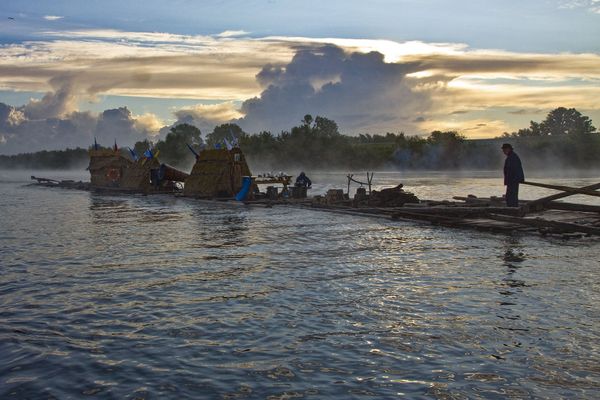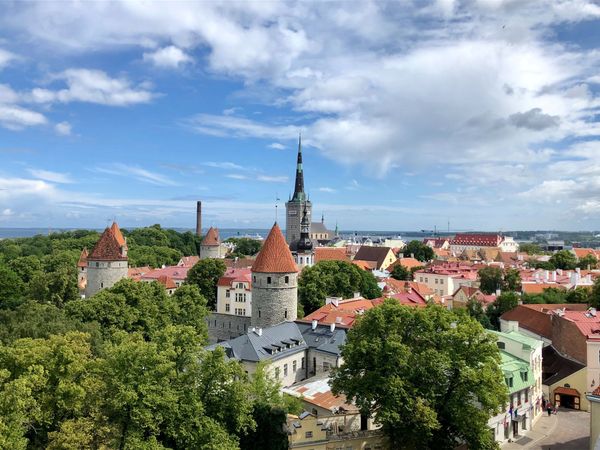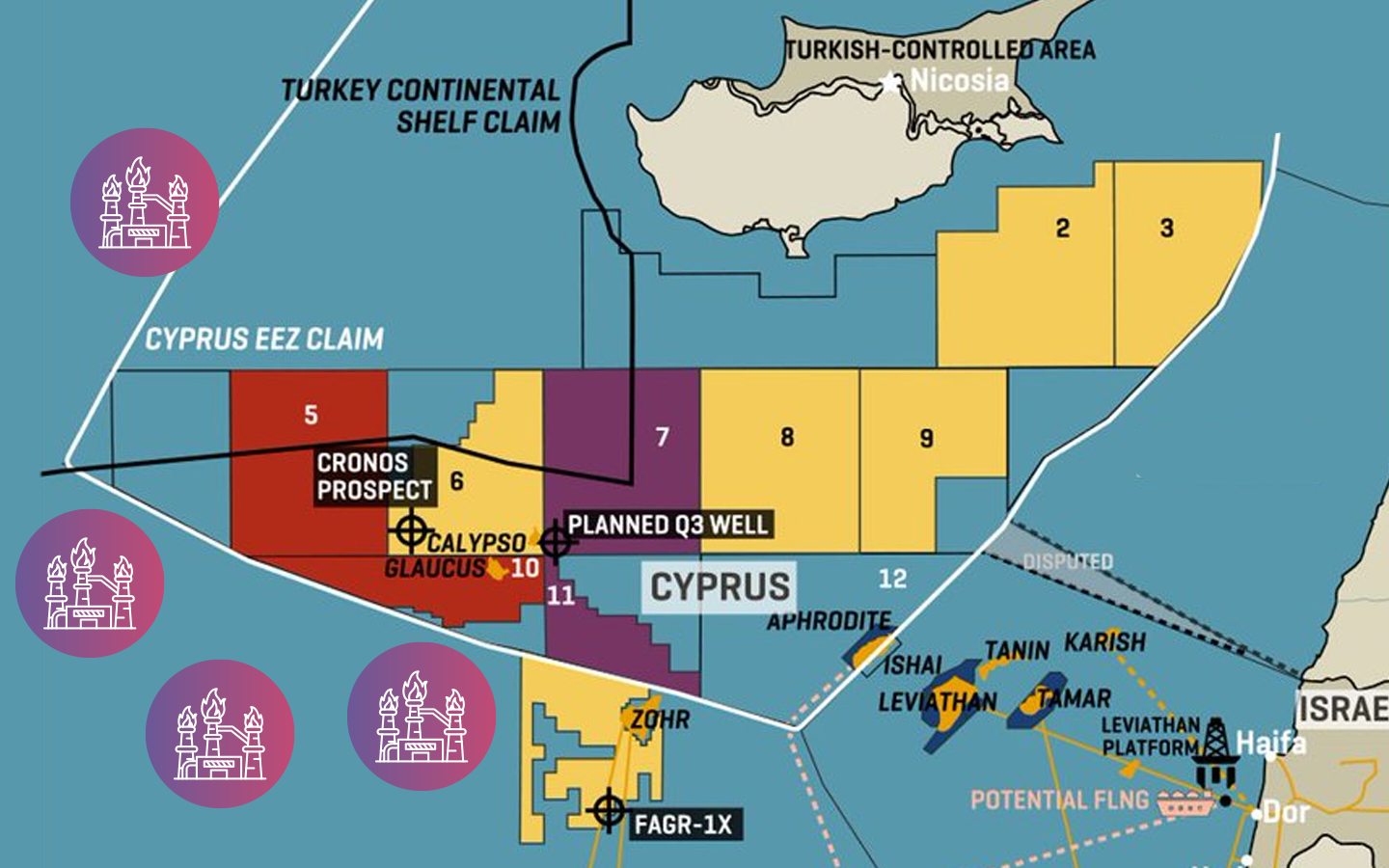The discovery of significant natural gas reserves near the coast of Cyprus, the third-largest island in the Mediterranean, in December is crucial for the European Union as it aims to cut its dependence on Russian gas after the invasion of Ukraine starting in February 2022. But what other implications does this discovery have, and what difficulties might prevent easy extraction?
The consortium of Italian Eni and French TotalEnergies announced together with the Cypriot Ministry of Energy on 21 December that preliminary estimates suggest that there could be up to 70 billion cubic meters of high-quality gas near the island. The gas was found in the area known as Block 6, where it is already the third discovery: the 2018 discovery was named Calypso-1, while the August 2022 discovery as Cronos-1. The December 2022 discovery, called Zeus-1, happened about 162 kilometers from the coastline at a depth of 2,300 meters. The gas fields are located in the Exclusive Economic Zone (EEZ) of Cyprus, which is divided into 13 exploration squares.
The August 2022 discovery is also linked to Italy’s Eni, being active in the region since 2013. The developments are beneficial for Europe, and especially for the local economy.
Our continent would clearly benefit from the discovery, as the EU aims to cut its dependence on Russia by diversifying natural gas sources. And the quantity of Cypriot gas reserves is significant: The estimated annual EU gas consumption is 397 billion cubic meters, and around 2,500 billion cubic meters might be produced around Cyprus.
But Ankara’s reaction may make the discovery problematic: Relations between Cyprus and Greece, on the one hand, and Turkey, on the other, have been tense for decades, mainly due to the Turkish invasion of Cyprus in 1974, which led to the Turkish occupation of the northern part of the island. As a result, around 170,000 people were expelled, and a puppet state was established in the Turkish-controlled area, recognized only by Turkey. Ankara justified its aggression by claiming the need to defend the Turkish Cypriot minority.
And the plight of the recent discovery becomes complex as Ankara considers the aforementioned Block 6 part of its own continental shelf. Tensions over the area culminated in 2017 when Tukey attempted to boycott the natural gas extraction by saying it was „provocative.” Ankara stated in its letter to the UN General Assembly that Turkey “is committed to protecting its sovereign rights, which derive from international law, and will not allow foreign companies to carry out unauthorized hydrocarbon exploration and extraction activities on its own continental shelf.” However, Cyprus rejected this reasoning.
The Turkish positions seem very similar in the case of the December 2022 discovery: The Turkish Republic of Northern Cyprus (Turkey’s puppet state) issued a letter of complaint on 22 December 2022, one day after the announcement of the gas discovery, claiming that the Cypriot government was „violating the rights of Turkish Cypriots.”
“So as long as the Greek Cypriot administration, which never shies away from taking steps that raise the tension in the Eastern Mediterranean, keeps usurping the rights of Turkish Cypriots, we, along with the Republic of Türkiye, will continue taking the necessary measures to protect our legitimate rights and interests,” the letter said. They added that the Greek Cypriot leadership does not represent the Turkish Cypriot people and has no right to make decisions on their behalf. The UN Convention on the Law of the Sea (UNCLOS) clearly states that all countries have the right to conduct economic activities within 200 nautical miles of their coasts, but Ankara did not sign the treaty.
We do not know how the Greek-Turkish conflict can be resolved and whether Ankara can prevent gas extraction. But it is sure that Europe and Cyprus would benefit greatly if the extraction activity could start in the region. As Eni’s representative said, this „confirms the promising outlook for the area and its development.”
Graphics: Réka Pisla

A shared Czech, Latvian, Polish, and Austrian tradition inscribed on the UNESCO heritage list

Gemini Hotstuff’s latest collection is a call for moderation










